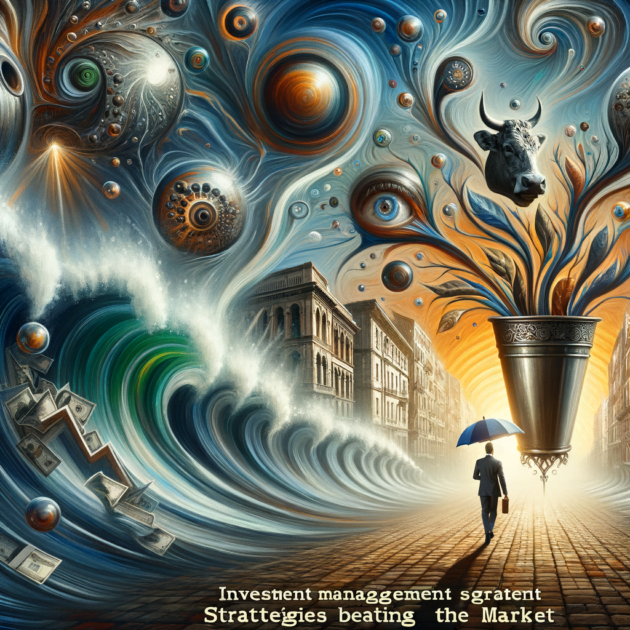Table of Contents
The Rise of the Housing Bubble
Imagine walking down a street lined with beautiful houses, each one more stunning than the last. The lawns are perfectly manicured, the windows gleam in the sunlight, and the neighborhoods exude an air of prosperity. This was the scene in many cities across Canada and the United States during the early 2000s, as the real estate market experienced a period of unprecedented growth.
- Low Interest Rates: One of the key factors that fueled the housing bubble was the historically low interest rates set by central banks. In an effort to stimulate economic growth after the dot-com bubble burst in the early 2000s, central banks lowered interest rates to encourage borrowing and spending. This made mortgages more affordable for homebuyers, leading to a surge in demand for housing.
- Economic Boom: The early 2000s also saw a period of economic prosperity, with low unemployment rates and rising incomes. This economic boom created a sense of optimism among consumers, who felt confident in their ability to take on mortgage debt and invest in real estate.
- Speculative Investing: As housing prices continued to rise, many investors saw real estate as a lucrative investment opportunity. Speculative investing, where individuals purchase properties with the expectation of selling them at a higher price in the future, became increasingly common. This further drove up housing prices and fueled the bubble.
As a result of these factors, housing prices soared to unprecedented levels, with some markets experiencing double-digit annual growth. Homeownership became synonymous with wealth and success, leading many individuals to take on larger mortgages than they could afford in the hopes of cashing in on the booming market.
The Burst of the Housing Bubble
However, as the saying goes, what goes up must come down. The housing bubble eventually reached a breaking point, leading to a catastrophic collapse of the real estate market. Let's delve into the factors that contributed to the burst of the housing bubble:
- Subprime Mortgages: One of the key drivers of the housing bubble burst was the proliferation of subprime mortgages. These were loans extended to borrowers with poor credit histories or unstable incomes, who would not qualify for traditional mortgages. Lenders, eager to capitalize on the booming market, relaxed their lending standards and offered subprime mortgages to a wide range of borrowers.
- Housing Overvaluation: As housing prices continued to climb, they eventually reached unsustainable levels. Many homes were overvalued, with prices far exceeding their true market worth. When the bubble burst, these inflated prices plummeted, leaving many homeowners with properties worth less than their outstanding mortgage debt.
- Financial Crisis: The collapse of the housing bubble triggered a domino effect that reverberated throughout the financial system. Many financial institutions had invested heavily in mortgage-backed securities, which were bundles of mortgages sold to investors. When homeowners began defaulting on their mortgages en masse, the value of these securities plummeted, leading to massive losses for banks and other financial institutions.
The bursting of the housing bubble had far-reaching consequences, with millions of homeowners facing foreclosure, financial institutions on the brink of collapse, and the global economy teetering on the edge of a recession. The aftermath of the housing bubble burst serves as a cautionary tale of the dangers of speculative investing and the importance of prudent financial practices.
So, what can we learn from the catastrophic collapse of the real estate market? It's essential to approach investments with caution, conduct thorough research before making financial decisions, and avoid taking on excessive debt. By learning from past mistakes and applying sound economic principles, we can navigate the complex world of finance with confidence and resilience.
I'll end by saying that I'm trying my best to make these subjects understandable and straightforward. As you read, study, and explore further, keep in mind that these little writings are just the beginning. To help you out, here are a few other stories from the world of economics to help you prepare for any eventuality:












